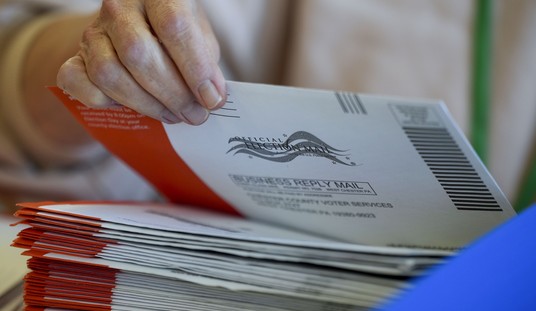The Lehman Brothers collapse in September of 2008 could be viewed as a secondary event; with the underlying news story being the subprime mortgage crisis which drove Lehman into the ground. The news coverage of MF Global’s collapse, one of the largest bankruptcies in US history, has focused on the political prominence of Jon Corzine and possible wrong-doing arising from the co-mingling of customer funds in its high-risk trades. But like Lehman, it may only be a secondary event.
MF Global’s proximate cause of death was getting in over its head and risking more than it should have dared. But was the more fundamental reason for its demise was the European sovereign debt crisis? Corzine bet the farm on Europe and lost. Can the fate of the horse be different from those who lost money betting on it?
One view is that horses don’t lose races as much as bettors make bad bets. For every Corzine who bet on Europe and lost there will be those who bet on Europe’s loss — and won. But the other view is that something about this particular race track creates huge unmanageable risks. The difference in this case, over a situation in which the financial institution is a spectator standing outside the transaction, is that the European crisis is itself caused by financial imprudence. The financial crisis has an element of recursion to it; financial institutions are losing huge sums by misreading other financial structures. It is almost as if the horses in a race could also enter bets at the track.
The Eurozone crisis is a perfect example of this bizarre self-referential situation. The banks, through the EU are lending Greece money so that Greece can pay it back. And in each successive cycle, the financial institutions participating in the transactions compute their margins as the money goes out one window as an output and returns the same way, but this time as an input.
The problem is that unlike a recursive algorithm which finally reaches bedrock, and begins its spiral backward to the originating call, the financial recursion in the Euronze never seems to produce its equivalent: a real world increment in actual goods and services. Unless a financial investment ultimately results in real physical economic growth it is doomed to cycle through the endless input-output without result. The European banks will keep lending Greece and Greece will keep borrowing to pay back, adding a dead loss in the process. Everyone will compute his winning margins and buy champagne with it. But in the end nothing, except the consumed champagne, will have ever existed.
So for those who want to blame the horses in this race for MF Global’s fall there is the argument that this peculiar racetrack has created unmanageable risks. Those who want to blame the excesses of MF Global and Lehman for the strange behavior of the horses can make their case too. In a racetrack where there is no distinction between bettors and the horses all the bets are off. The differences are meaningless. Only the loss is real.
Fixing the problem can be extraordinarily difficult because information spreads through the system through what we know as money. Since money’s most important function is to send signals — about price, consumer wishes, producer costs, political intent and expectations of future value — then side effects are unavoidable.
For example, MF Global’s fall ironically had its genesis in the Frank-Dodd “financial reforms”. The regulation created an ‘opportunity’ or a loophole that Corzine intended to exploit.
Corzine’s plan to remake the firm was to make it be like the old Goldman. He argued that because of the new Dodd-Frank financial reform, the big Wall Street firms were constrained as to how much risk they could take in trading stocks and bonds. Goldman, for instance, was about to disband its proprietary trading desk and other firms weren’t far behind.
MF Global could emulate Goldman’s success over the years in trading all sorts of things, from derivatives to bonds to plain old stocks—and make a lot money at it because of a huge loophole in the Dodd-Frank provisions in which the trading ban only covered large “systemically important” firms, not midsize players such as MF Global.
Any fix which is applied transmits unanticipated signals to the whole system. Europe once again provides an example. The EU governments can hardly be counted on to regulate the shenanigans because the governments themselves are neck-deep into things. It is well to remember that the EU began life as a solution which has now become a problem.
Perhaps it was always thus; the problem only became evident when regulation strangled activity to the point where the financial recursion could make no fulfillment in real economic growth. In this the racetrack of the mysteries both the bettors and the horses have lost sight of the fact that someone has stolen the trophy.
Storming the Castle at Amazon Kindle for $3.99
No Way In at Amazon Kindle $3.99, print $9.99
Tip Jar or Subscribe for $5










Join the conversation as a VIP Member